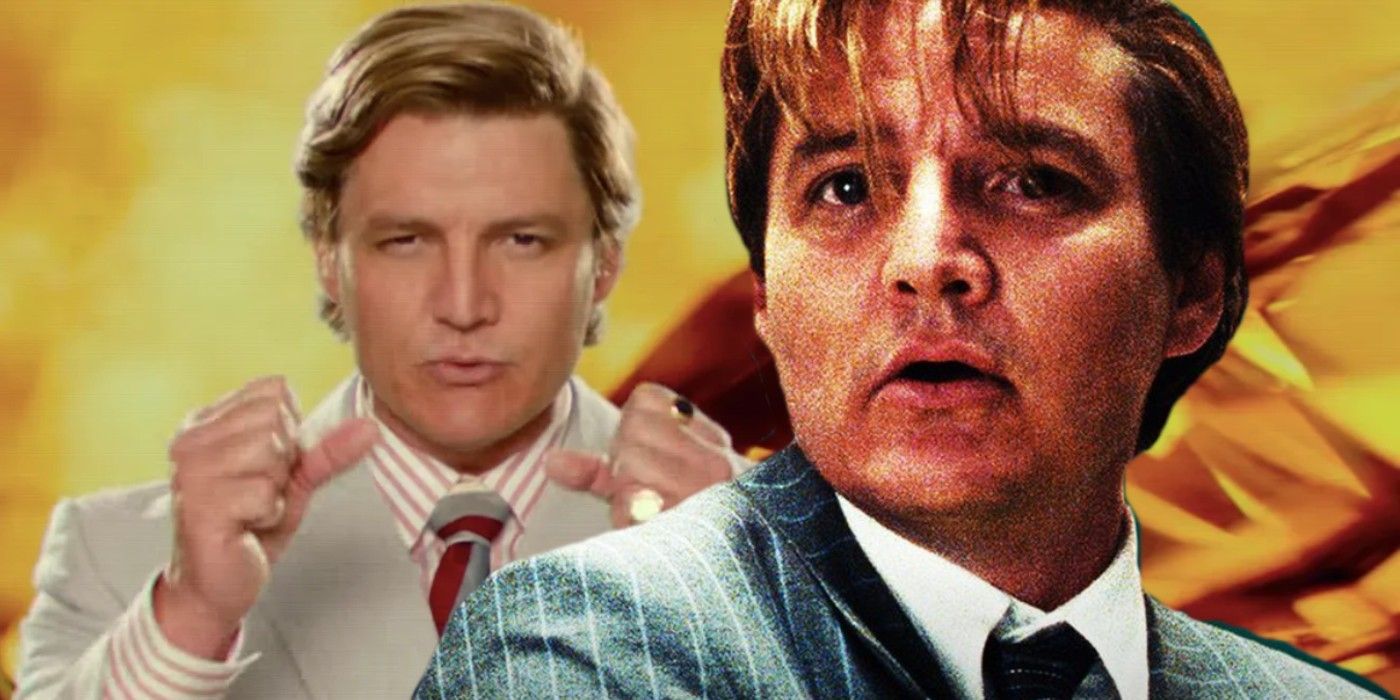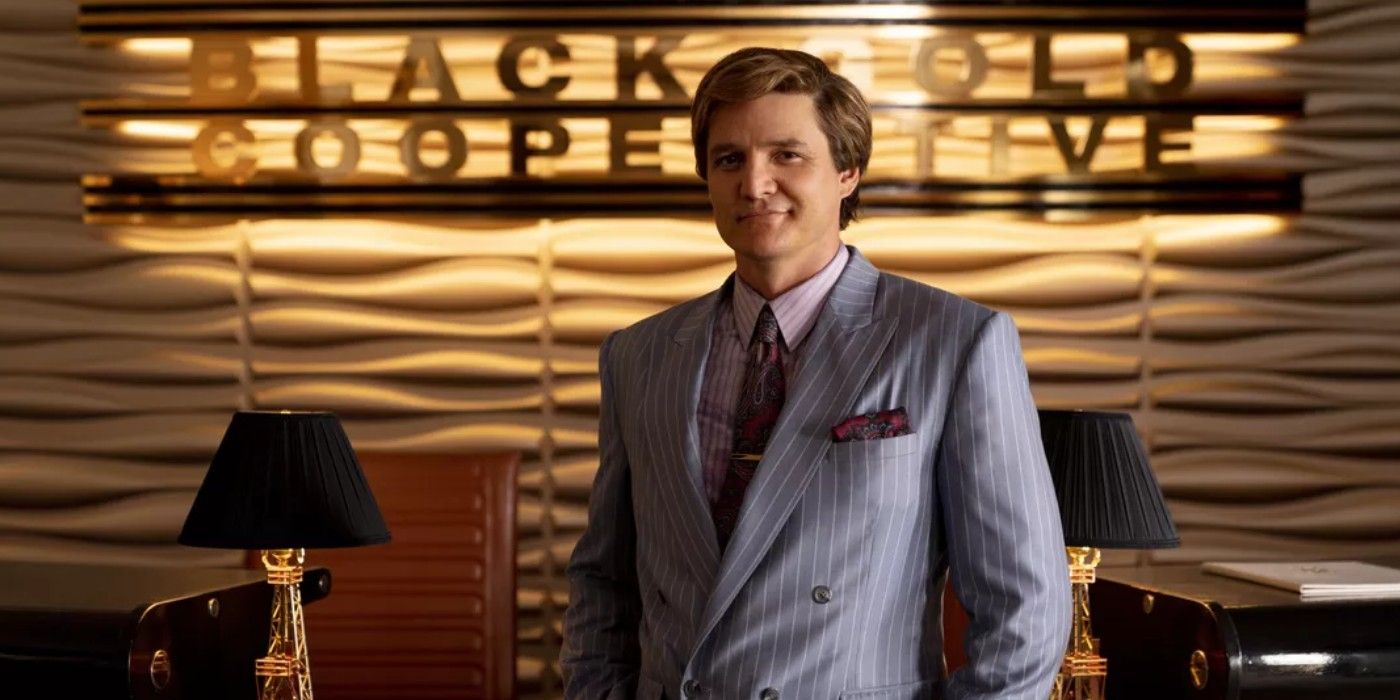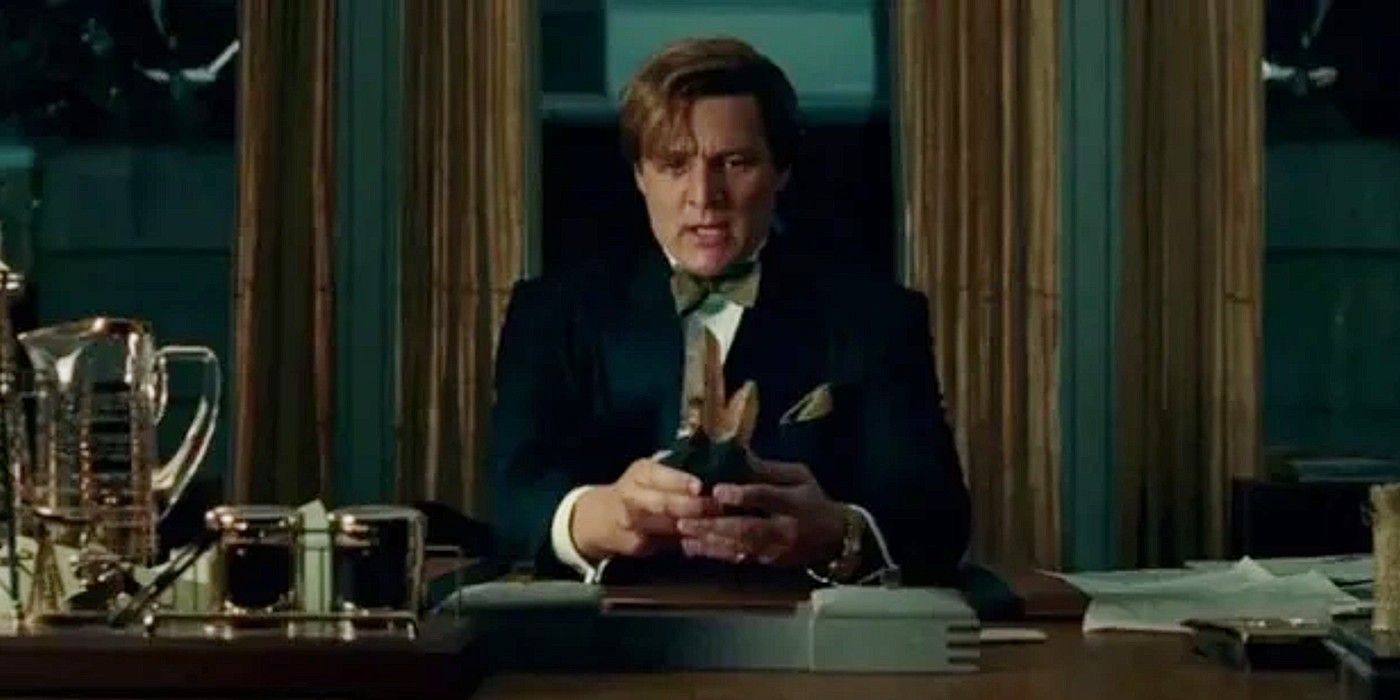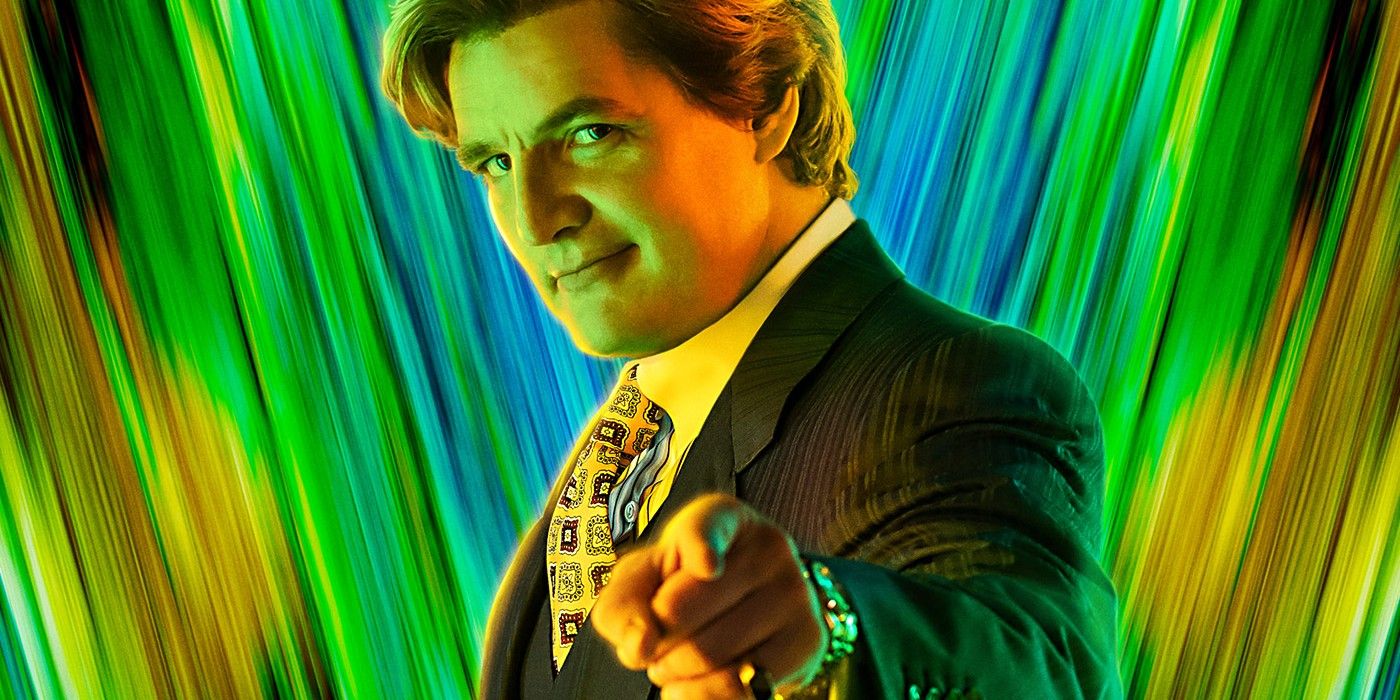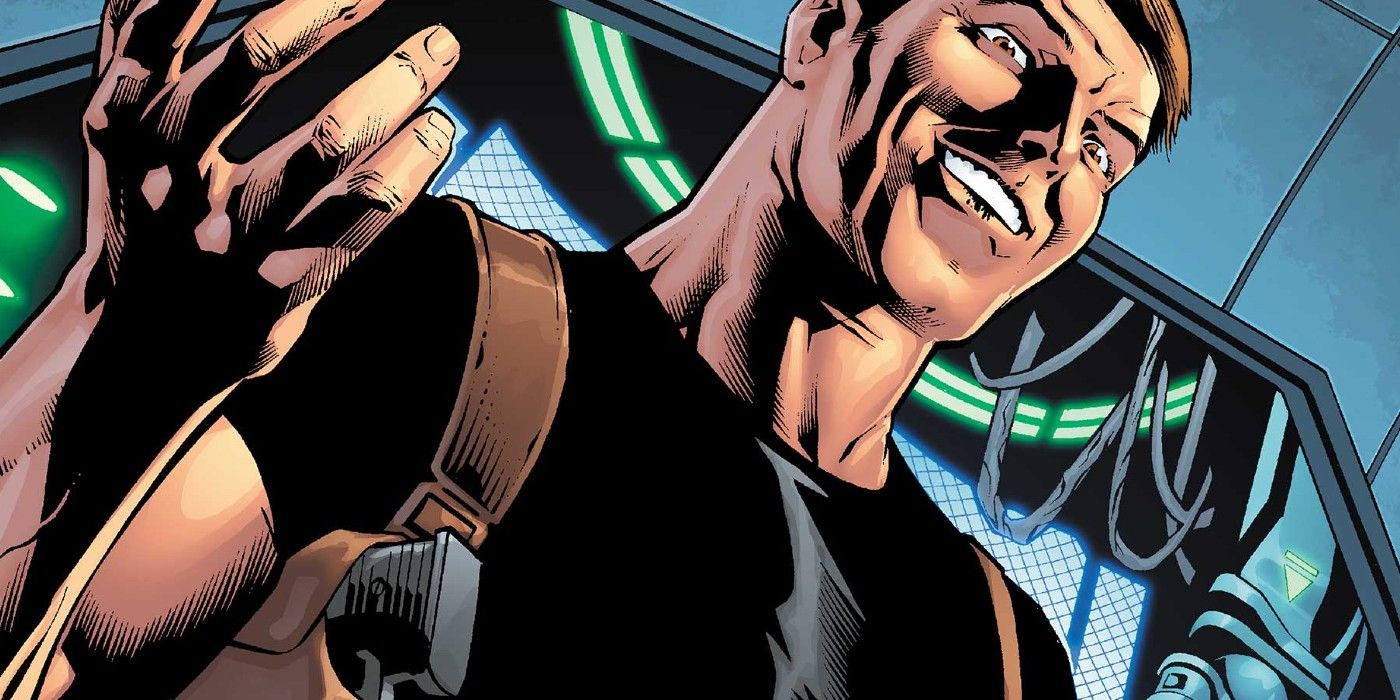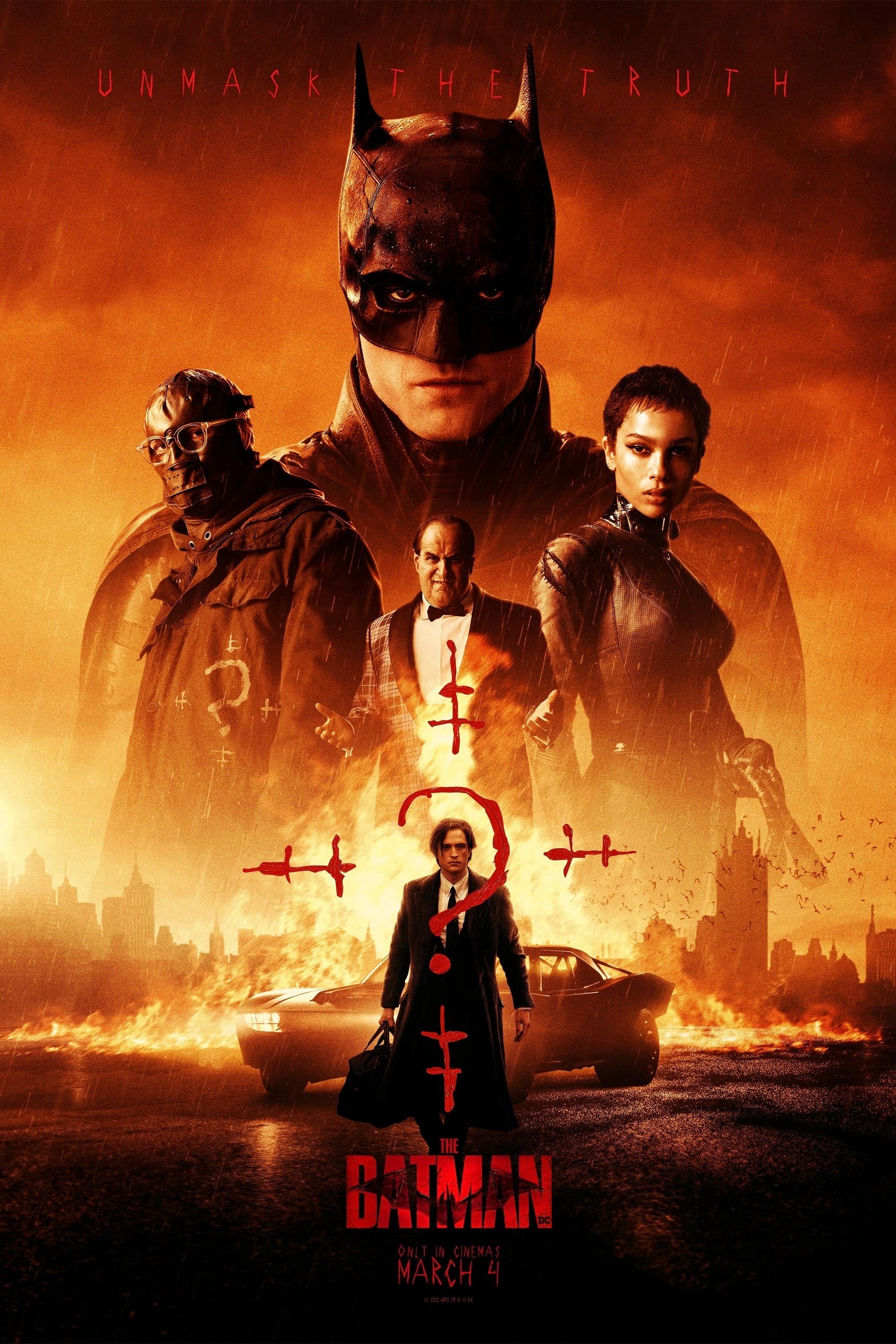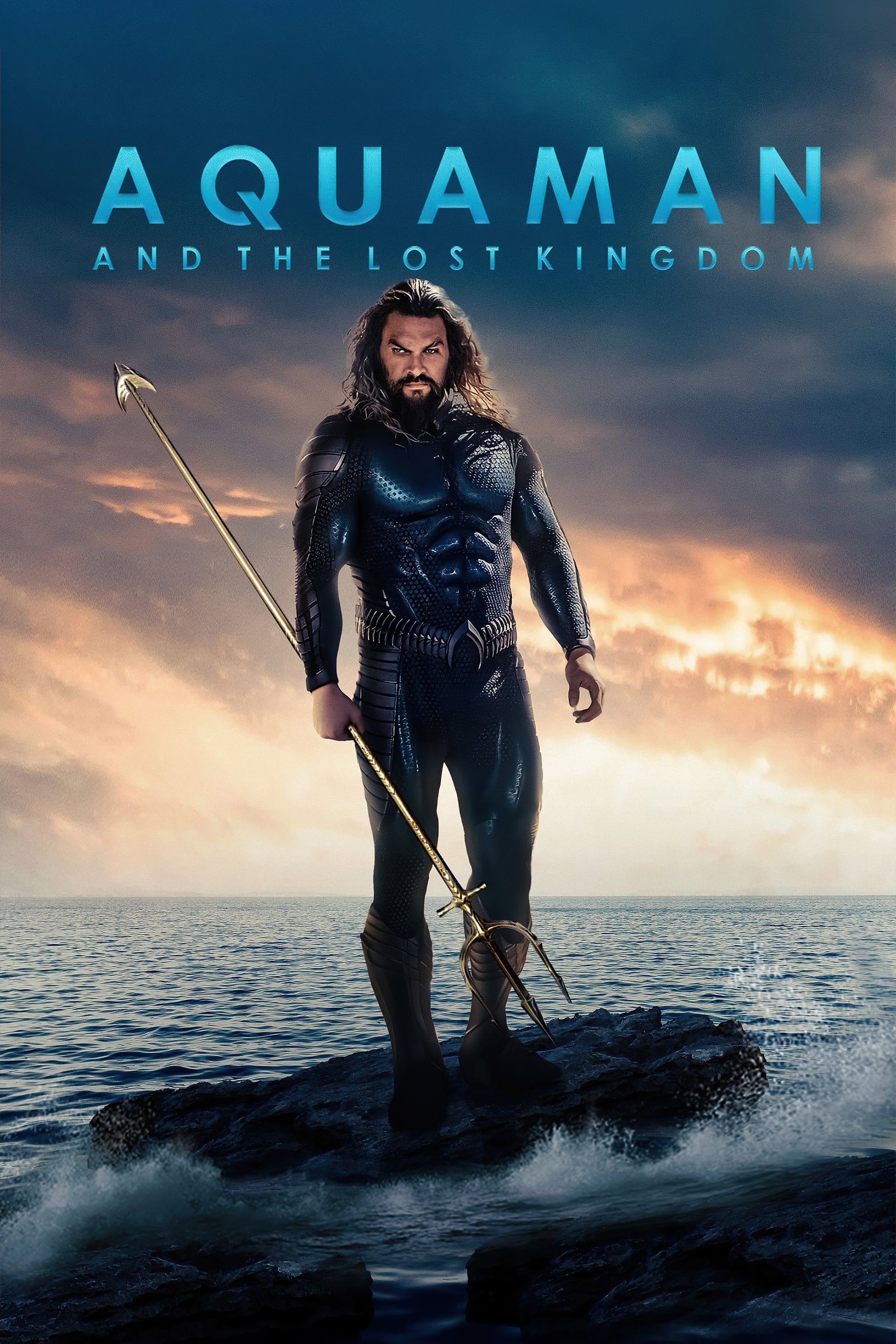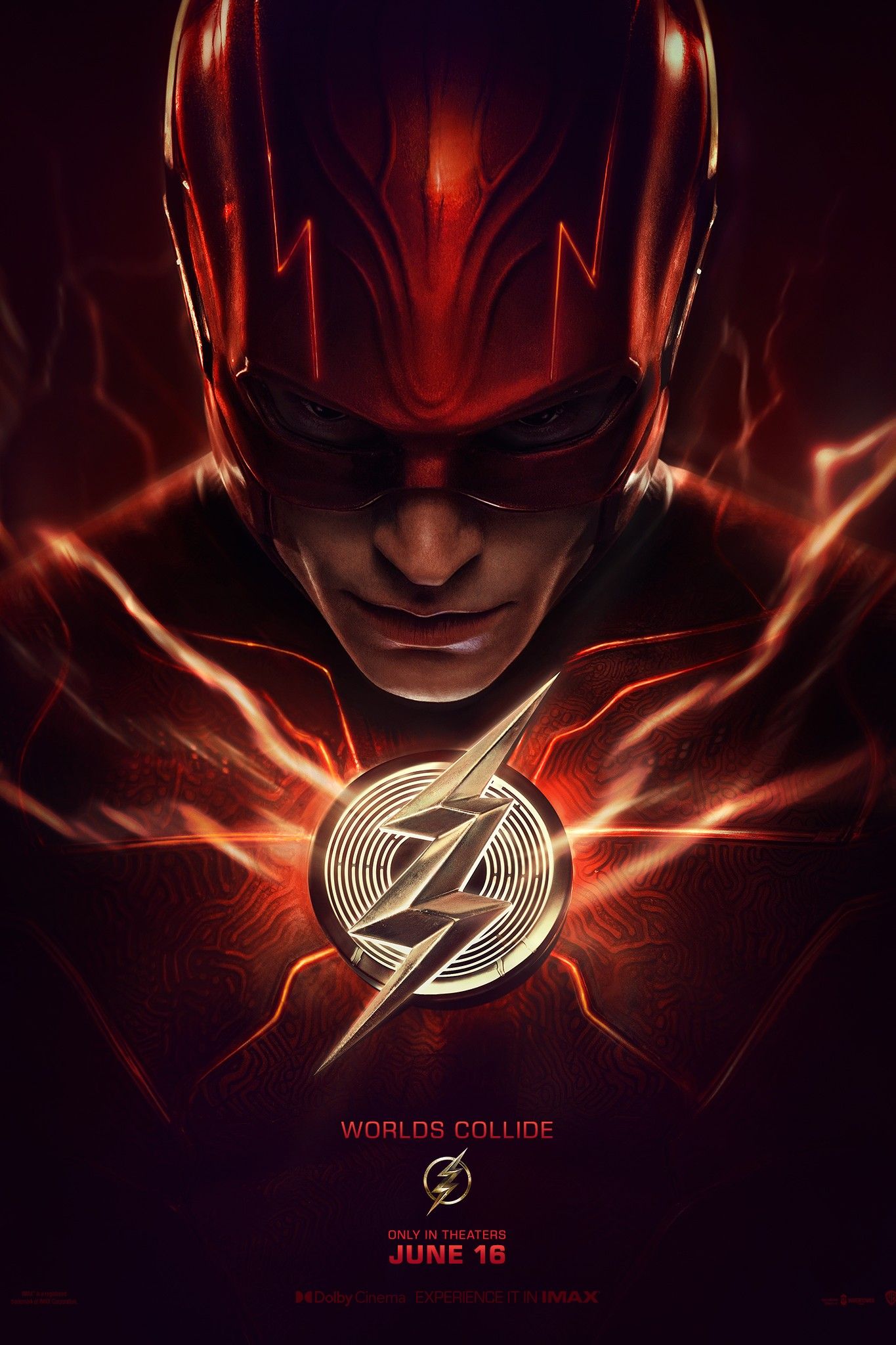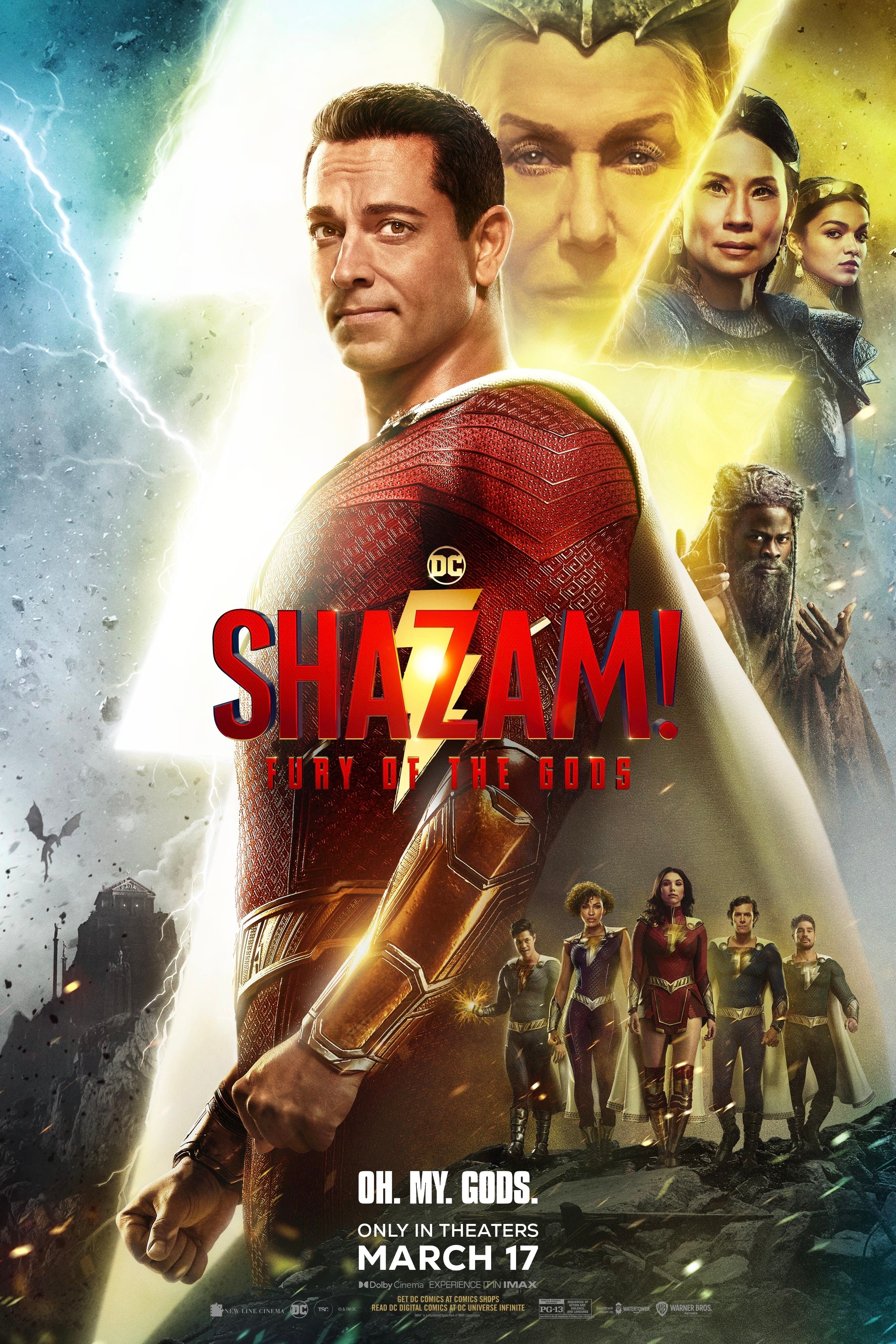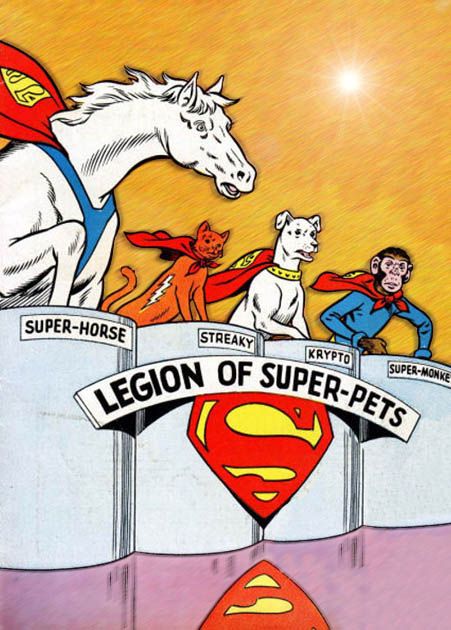Wonder Woman 1984 introduces two villains in the form of Kristen Wiig's Cheetah and Pedro Pascal's Maxwell Lord, but it is the latter who is instrumental in the sequel's plot, thanks to his use of a magical artifact. Once more tying Wonder Woman's story to the Old Gods of the DCEU's universe, the sequel introduces ideas of desire and just what people would be willing to give up to get everything they dearly wanted and Lord is at the center of that narrative discussion.
Initially delayed along with the majority of 2020's releases, Wonder Woman 1984 beat the crowd of Warner Bros. releases that were subsequently announced as following the same release model on HBO Max. Released theatrically in other territories (despite the theatre industry's decimation in key territories like the UK), the box office performance ahead of the digital release was underwhelming, to say the least, but it's on HBO Max that the numbers really matter. This is Warner Bros. big sell for the model and having an established superhero, returning after one of the DCEU's best films, to hang their marketing on is a huge draw.
Regardless of the release method, what matters most with Wonder Woman 1984 is the film's substance. It is a superior film to the original in many ways, avoiding the major third act problems (which Patty Jenkins recently revealed were not her doing) and offering two compelling villains who each mirror Diana Prince, as the best usually do. Lord's powers are the more complex of the pair - as Cheetah's are granted as an extension of what he can do - and it's intriguing to look a little deeper into how they work and how the DCEU version of Lord differs to his comics counterpart.
Maxwell Lord's Origin Story & Flashbacks
Though it isn't explored in great detail - presumably because of the fear of over-extending the run time - Lord's upbringing is in stark contrast to Diana's privileged early years. There is no direct parallel made, but Maxwell Lord had a terrible childhood, as shown through flashbacks, suffering an abusive father, which led to him seeking to become what his father wasn't. While there is good intention there, Lord ends up becoming a typical 1980s capitalist, greedy, and rotten to the core even before the toxic cost of the Dreamstone kicks in.
Lord is also, unfortunately for him, a failure. Having started his company - Black Gold Cooperative - in meager surroundings with a logo he made himself. The flashbacks show him with surprisingly impressive de-aging technology. But by the time of the film's start in 1984, his company is on the verge of collapsing, his staff having shrunk to just his personal assistant. To make matters worse, his last main investor, Simon Stagg (a DC comics figure who also appeared on The Flash in the Arrowverse played by William Sadler), is pulling his support. Seeking a change in fortunes, he turns to the Dreamstone, tricking Barbara into allowing him access to it.
Maxwell Lord's Dreamstone Powers Explained
The Dreamstone comes into the story thanks to a robbery that leads to it coming into the possession of the Smithsonian, where Barbara is tasked with identifying it. The investigation by Barbara, Diana and the revived Steve reveal it was made by the god of lies and grants the user their wish but at the cost of their most cherished possession in return, having caused the destruction of countless civilizations. It can only be undone if the user renounces their wish or destroy the stone, but Lord complicates that, obviously, as he wishes to actually become the physical embodiment of the stone, taking its powers for himself and granting wishes with the same caveats, replacing the stone in the process, which required the wisher to be touching the stone to make it work.
The transformation is basically Lord exploiting the loophole that the Genie in Aladdin closes when he explains the rules of wishing to Aladdin and the same one that ends up trapping villain Jafar in the end: that you can't wish for more wishes. When he becomes the Dreamstone, Lord is able to grant people wishes whether they've already made one previously, as he does to grant Barbara the second wish that turns her into Cheetah. Inevitably, though, the power to grant wishes comes at a cost to Lord, causing his body to fail. He counters this by draining the life-force of others to keep himself alive (in a quite on-the-nose capitalist allegory), using the stone's caveat power to take what he wants from anyone making a wish (their life-force) and losing his sense of humanity enough not to see the issues.
Maxwell Lord's Plan In Wonder Woman 1984
Lord's initial motivations aren't entirely cleared up, beyond his wanting to give his son, Alistair everything that he never had. This being the 1980s, it is perhaps also acceptable to suggest that he is an embodiment of the capitalist greed of the era, which pulls him away from his otherwise worthy motives. Lord fundamentally wants to be the most powerful person in the world, who cannot be challenged, but on a simpler level, he wants to stop being a failure.
After Lord becomes empowered by the Dreamstone, he seeks to grant as many wishes as possible in order to boost his own powers, including tricking business partner Simon Stagg into a wish that hands him back his shares in Black Gold Cooperative. He then escalates his intentions, learning from President Reagan that the US has a secret satellite broadcast system that means he can grant the wishes of everyone and boost his own power immeasurably. The communications array gets around the need to touch everyone technically by using signal waves to hijack any television screen, allowing him to "touch" viewers. Naturally, this threatens the world with nuclear war as a consequence, because the response to a global wish-granting is a global catastrophe.
How Wonder Woman 1984's Maxwell Lord Compares To The Comics
The DCEU version of Maxwell Lord is very different from the comics character, who has psionic powers that allow him to mind control his enemies. Debuting in Justice League #1 in 1987, Lord was the son of a wealthy, benevolent businessman and blamed his father's death on his business associates, which fostered in him the belief that power is the most important thing in the world. That belief seems to translate into the movies, but with different nuance and he's not fundamentally against superheroes as a threat to his power. He went on to become a major Justice League antagonist, using his impressive metahuman powers, which were added some time after his debut during the Invasion crossover event in which an alien bomb triggered latent metahuman genes. In Lord's case, they allowed him to use suggestion to control the intended target and could escalate to assume complete control over targets. Again, the movie ignored entirely but does borrow the idea of side-effects, as Lord's powers comes at a cost of his health and adapts the retconned power set from DC Rebirth that allowed Lord to mentally manipulate his victims by getting them to act on their own subconscious desires.
It isn't just Lord himself who has changed, the backstory of the Dreamstone is also different in Wonder Woman 1984. The god who created the stone could either be Dolos, the God of Trickery, or Apate, the Goddess of Deceit. The fact that the Lasso of Truth is what undoes Lord, it would make sense for it to be the latter, though any Old God creating it is a major change. In the comics, the Dreamstone is created by Doctor Destiny, a supervillain who uses it to warp reality in a similar way to the Reality Gem in the MCU.

